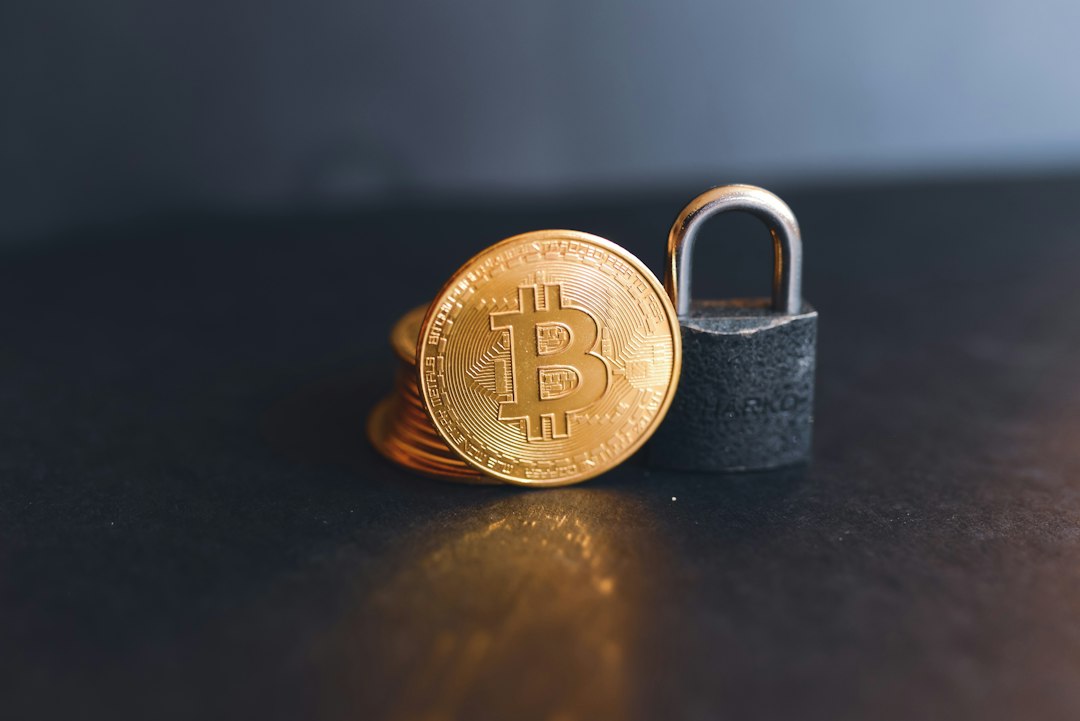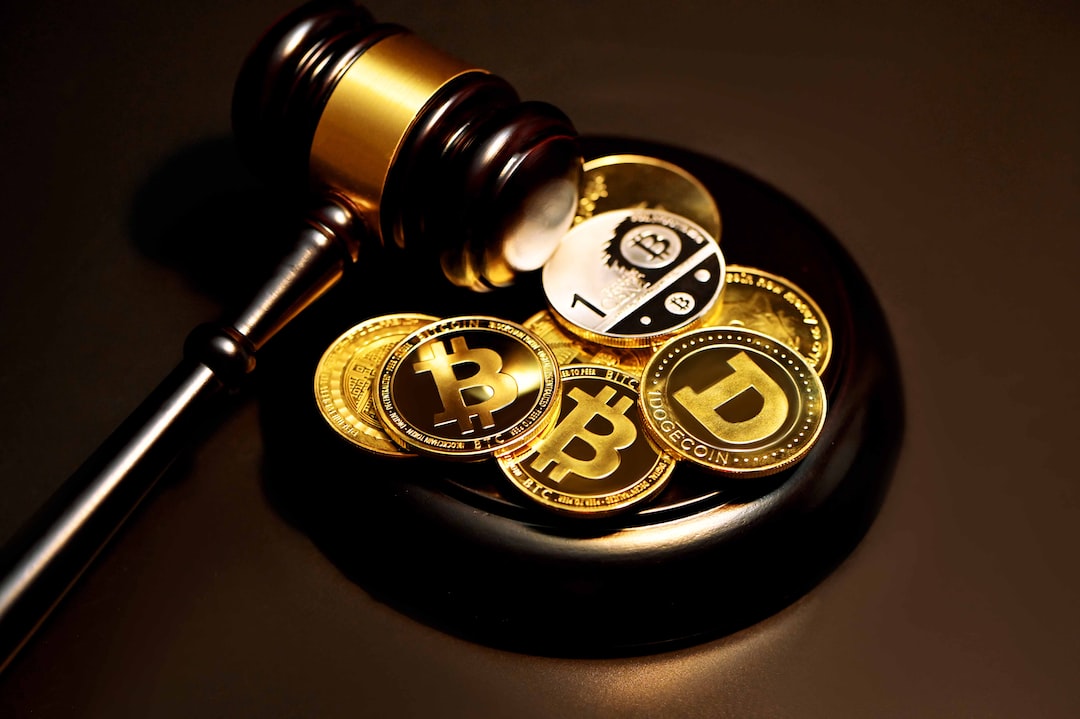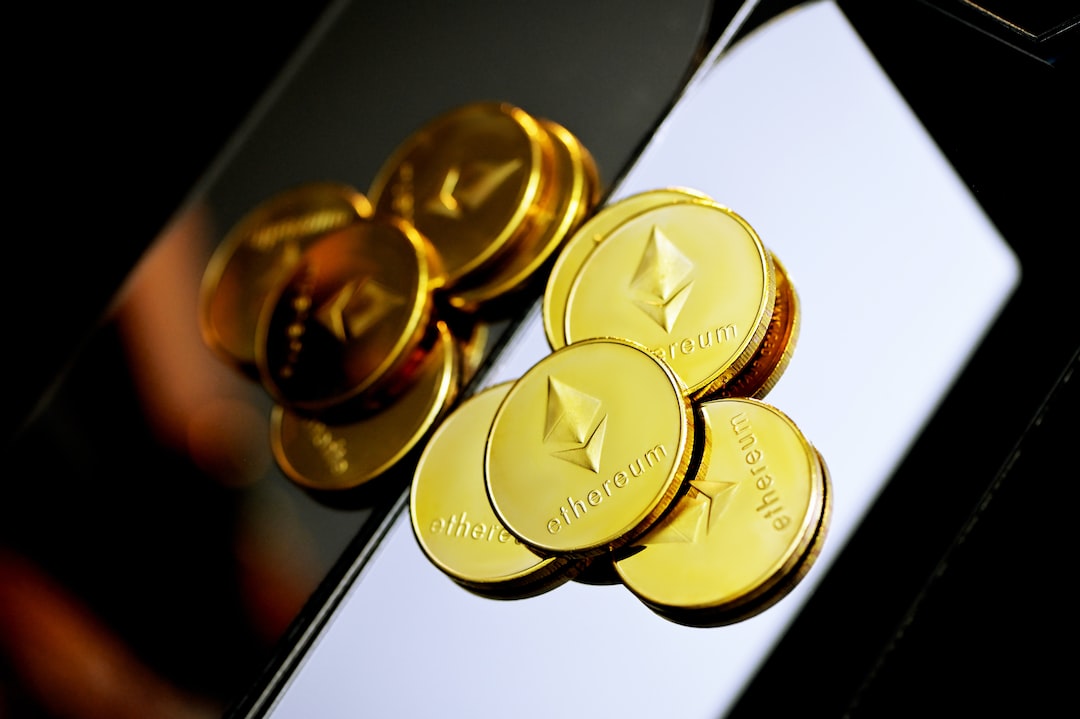Decentralized and Empowering: The Benefits of Blockchain in the Gaming World
Blockchain technology has been making waves in various industries, and the gaming world is no exception. With its decentralized nature and transparency, blockchain has the potential to revolutionize the gaming industry, offering benefits to both game developers and players alike. In this article, we will explore how blockchain is empowering the gaming world and the advantages it brings to the table.
Transparency and Security
One of the key benefits of blockchain in gaming is its transparency and security. With traditional gaming platforms, there is often a lack of transparency when it comes to in-game assets, such as virtual items or currency. This can lead to issues like fraud, hacking, or theft. However, with blockchain technology, every transaction is recorded on a public ledger, making it nearly impossible to alter or manipulate. This ensures that all in-game assets are secure and cannot be duplicated or stolen.
Additionally, blockchain technology utilizes advanced encryption methods to secure transactions, making it extremely difficult for hackers to compromise the system. This provides a higher level of security for both game developers and players, ultimately creating a safer and more trustworthy gaming environment.
Ownership of Digital Assets
Another significant benefit of blockchain in gaming is the concept of true ownership of digital assets. In traditional gaming platforms, players often do not have full control over their in-game items or currency. Game developers can easily revoke access or change the terms of ownership at any time. However, with blockchain technology, players have complete ownership and control over their digital assets.
Through the use of non-fungible tokens (NFTs), players can prove ownership of their virtual items on the blockchain. This means that even if a game shuts down or a developer ceases support for a particular title, players can still retain ownership of their in-game assets. This empowers players by giving them true ownership rights and the ability to transfer or sell their digital assets outside of the game ecosystem.
Decentralized Marketplaces
Blockchain technology also enables decentralized marketplaces within games, allowing players to buy, sell, or trade virtual items directly with each other. Traditionally, game developers have controlled in-game economies through centralized marketplaces where they take a cut from every transaction. With blockchain-based marketplaces, players have more freedom and autonomy when it comes to trading virtual assets.
This decentralized approach also eliminates issues such as price manipulation or fraud that can occur in centralized marketplaces. Furthermore, it opens up new opportunities for players to monetize their gaming experiences by creating unique content or trading valuable virtual items within the game ecosystem.
Rewards and Incentives
Blockchain technology allows for transparent and programmable rewards systems within games. By utilizing smart contracts on the blockchain, game developers can create reward structures that are automatically distributed based on specific criteria or achievements within the game. This provides a fair and transparent method for rewarding players for their contributions to the game’s ecosystem.
Furthermore, these rewards can be tokenized on the blockchain, allowing players to exchange them for other digital assets or even real-world currencies. This creates additional incentives for players to engage with games and participate in various activities within the gaming ecosystem.
Closing Thoughts
In conclusion, blockchain technology has immense potential to empower both game developers and players by offering transparency, security, ownership rights over digital assets, decentralized marketplaces, and programmable rewards systems. As this innovative technology continues to evolve, we can expect to see even more creative applications within the gaming world that enhance player experiences while providing new opportunities for developers.
Frequently Asked Questions (FAQs)
Blockchain technology is a decentralized system of distributed ledgers that records transactions across multiple computers in such a way that once a transaction is recorded it cannot be altered without altering all subsequent blocks.
Blockchain offers benefits such as transparency, security, true ownership of digital assets, decentralized marketplaces for trading virtual items, programmable rewards systems.
Yes! Many games now accept cryptocurrencies as payment for in-game purchases or as rewards for completing certain tasks.
Yes! Blockchain uses advanced encryption methods to secure transactions making it extremely difficult for hackers to compromise the system.





 By
By
 By
By
 By
By
 By
By

 By
By